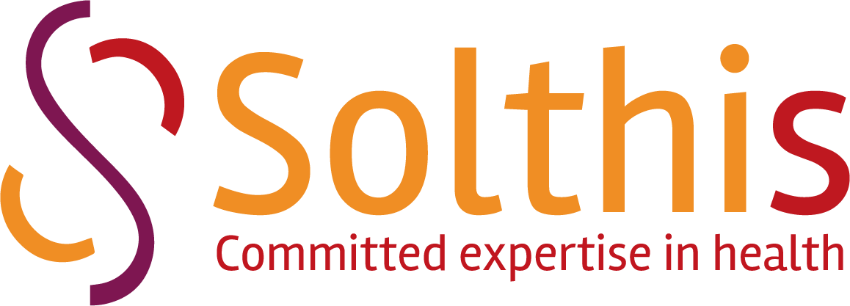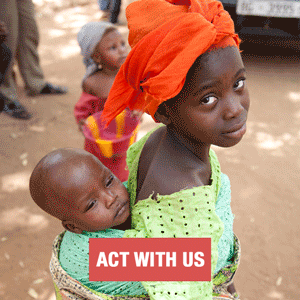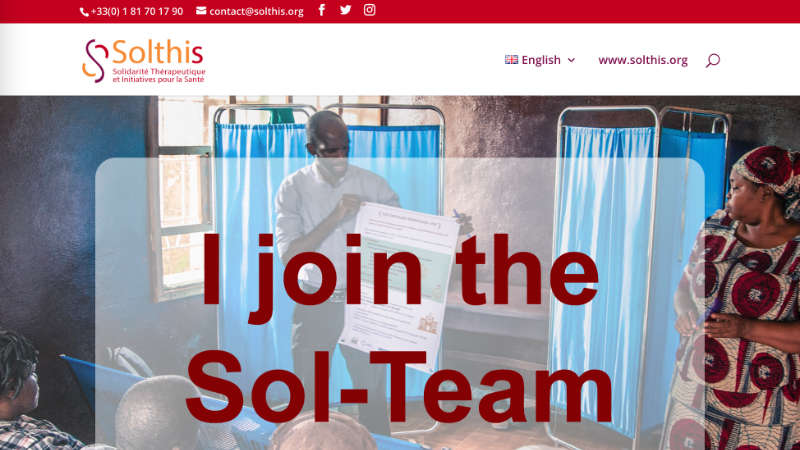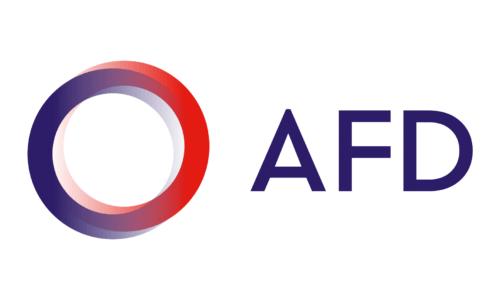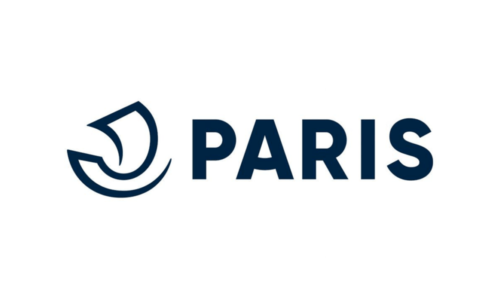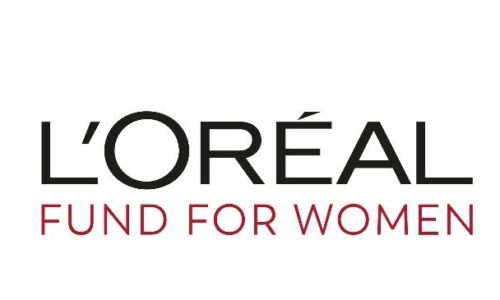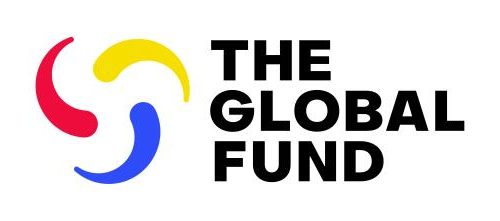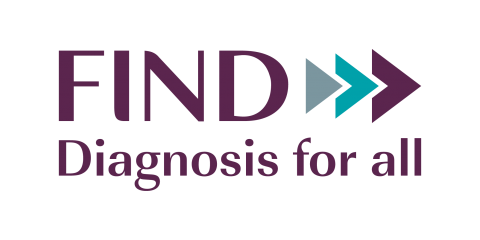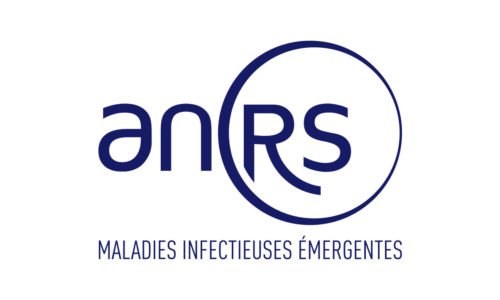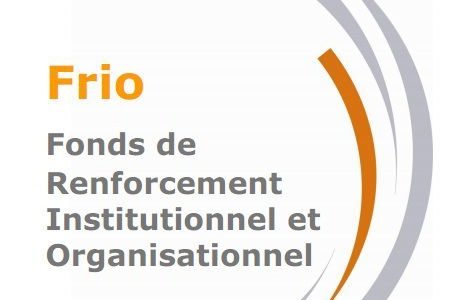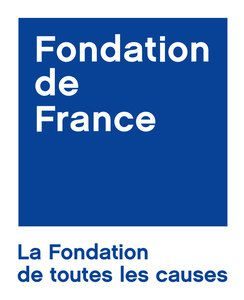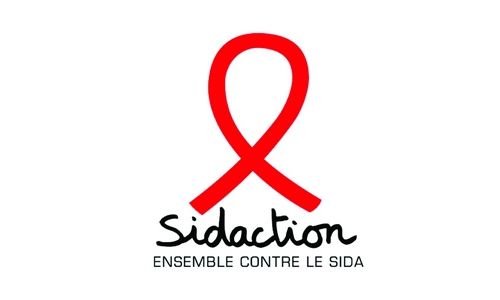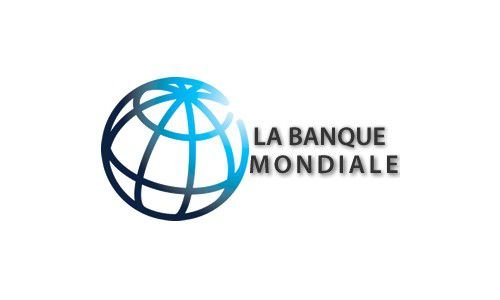Multicentre pilot study of triple antiretroviral therapy dispensing with protected breastfeeding and task delegation in the context of PMTCT in Niger (TRIDEL trial)
NIGERADVOCACY FOR FAIR ACCESS TO QUALTITY HEALTH CARECAPACITY BUILDINGOPERATIONAL RESEARCHSTRENGTHENING SYSTEMS AND HEALTH SERVICESFighting HIV / AIDS
The challenges
In the absence of antiretroviral therapy (ART), the rate of mother-to-child transmission (MTCT) of HIV is 20-25% for HIV1 and 1-4% for HIV2. Breastfeeding carries an increased risk of MTCT during the first two months and in case of mixed feeding. With triple ARV therapy, MTCT rates of <2% are achieved. In 2009 in Niger, access to Prevention of Mother to Child Transmission (PMTCT) services is only 23% and access to ARV prescribing centres is often difficult. Decentralisation with delegation of tasks to well-trained paramedics has already significantly improved the acceptance of ARVs by pregnant women who have tested positive for HIV, their compliance with treatment and their movement to PMTCT sites for delivery.
Study hypothesis: Triple ARV therapy, the prescription of which would be delegated to midwives at PMTCT sites, initiated from the 2nd trimester of gestation and continued until the end of breastfeeding, would be a feasible and acceptable solution for HIV-positive women, making triple therapy accessible to pregnant and breastfeeding women. This pilot project will confirm this hypothesis and will later allow an extension to the rest of the country if its evaluation is conclusive. The study is multicentric, prospective and descriptive, non-randomised, and aims to evaluate the feasibility, acceptability and effectiveness of dispensing optimal triple therapy by midwives at PMTCT sites. The patient’s informed consent will be signed before any study-specific examination is performed.
Start: December 2011
End: December 2013
Area of intervention: Niger
Sources of funding: Bettencourt Schueller Foundation
Beneficiaries: National PMTCT Unit of the Ministry of Public Health
Objective
To improve the rate of access to triple ARV therapy from 15-20% to 75% among known HIV-positive pregnant women.
Activities
- Training of the midwives concerned in Niamey and Zinder
- Support to the national PMTCT unit to set up the trial
- Support to the national PMTCT unit to set up a data collection system
- Support to the national PMTCT unit to monitor the project (field visits, telephone contact, coordination meetings)
- Analysis of the data collected
- Drafting of reports, communications and scientific presentation of the project
Results
- The study took place in 8 sites: 4 urban sites in Niamey and 4 sites in Zinder (2 urban and 2 rural)
- Between January 2012 and December 2013, out of 141 pregnant women tested HIV positive, 105 were eligible and were included in the study. Of these:
- 90% (94) of the women included in the study were put on ARV triple therapy prescribed by a trained midwife
- 53 of the women gave birth on ARVs
- 100% (36) of eligible infants had early HIV testing by PCRADN at S6 of which :
- 97% of eligible infants were negative and will be followed up to 18 months
This study demonstrated that the initiation of ARVs to pregnant women by midwives as well as the follow-up of their exposed children is a good alternative in a context of limited resources such as in Niger, to reduce HIV transmission.
Watch the video of presentation of the results (in french) down below :
